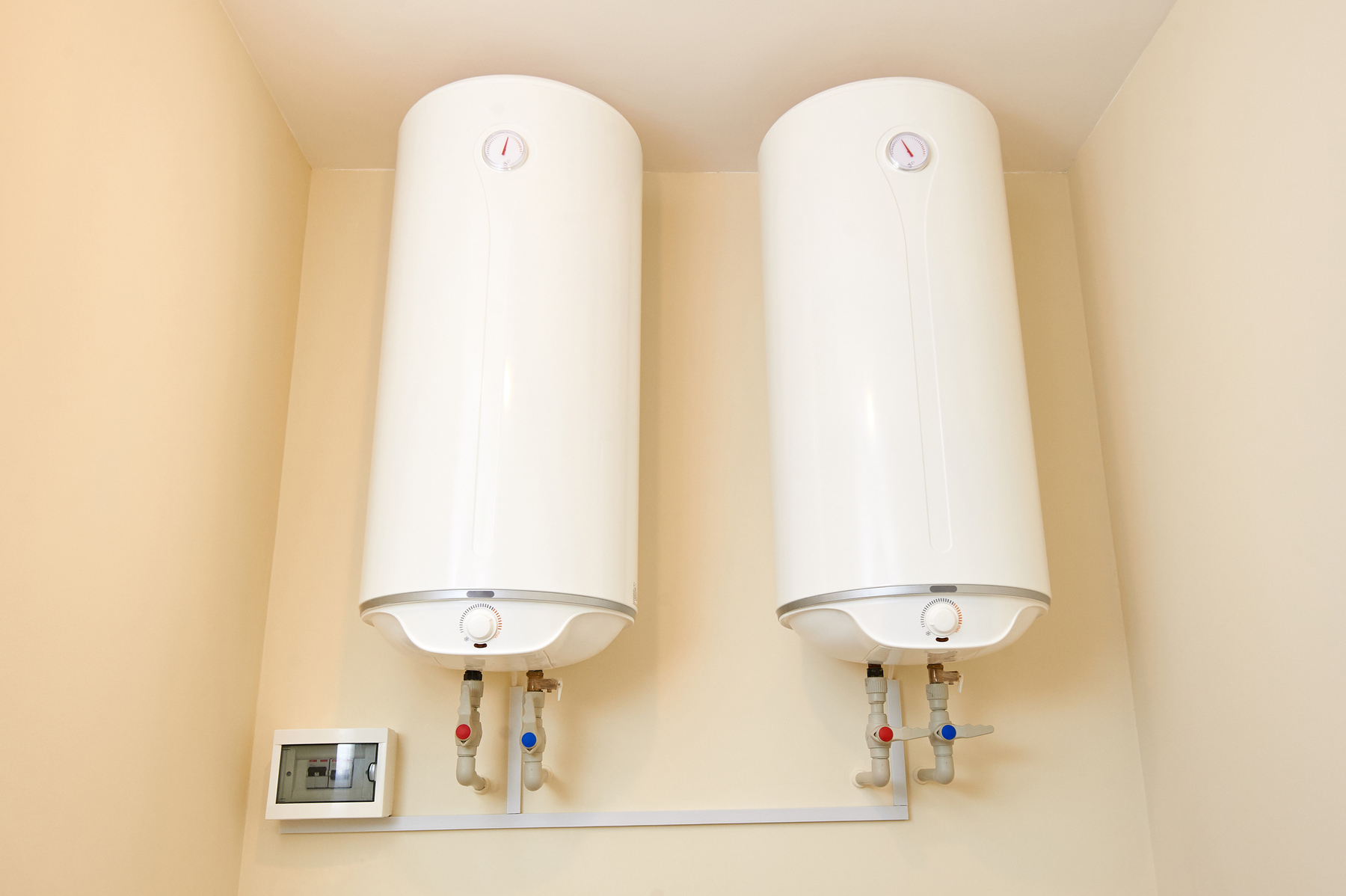At the heart of every plumbing system is a water heater, without one no home could properly function. Warm showers, properly washed clothes, clean dishes, are just a few of the essentials a water heater provides. This begs the question “which water heater should I get?”, in this blog post we will be going over several popular water heaters and to find the perfect water heater for you and your home.
Types of Water Heaters
There are several types of water heaters, each with its own advantages and disadvantages. Here are the most common options.
Conventional Storage Tank Water Heaters
These are the most common water heaters found in homes. They have an insulated tank that stores hot water until needed. They are generally lower in upfront cost and simple to install, but they have a limited hot water supply and can have higher energy costs due to standby heat loss.
Tankless (On-Demand) Water Heaters
Tankless water heaters heat water only when needed, eliminating the need for a storage tank. They are energy-efficient and provide an unlimited hot water supply. However, they have a higher initial cost and may require upgraded gas or electrical systems to function properly.
Heat Pump (Hybrid) Water Heaters
These use electricity to move heat from the air or ground to heat water, making them highly efficient. They have lower operating costs and are extremely energy-efficient, but they require more space and specific installation conditions, along with a higher initial investment.
Condensing Water Heaters
Ideal for homes using natural gas, condensing water heaters capture and reuse exhaust gases to heat water efficiently. They are highly energy-efficient and suitable for high-demand households. However, they are more expensive initially and require proper ventilation for optimal operation.
Factors to Consider When Choosing a Water Heater
Energy Efficiency
Look for water heaters with a high Energy Factor (EF) or Uniform Energy Factor (UEF) rating to save on utility bills. Energy-efficient models help reduce long-term costs and environmental impact.
Capacity and Flow Rate
For storage tank heaters, the size you choose should be based on your household’s water usage. A 40-50 gallon tank is generally suitable for a family of four. For tankless models, consider the gallons-per-minute (GPM) flow rate to ensure you have enough hot water for simultaneous use.
Fuel Type and Availability
Gas-powered water heaters tend to be more cost-effective over time, while electric models are easier to install but may have higher operating costs. Solar and heat pump options offer long-term savings but require specific installation conditions.
Installation and Space Requirements
Ensure you have adequate space and the proper setup for the type of water heater you choose. Some models require specific ventilation, electrical upgrades, or additional space for installation.
Maintenance and Lifespan
Conventional storage tanks typically last 8-12 years, while tankless models can last over 20 years with proper maintenance. Regular flushing and anode rod replacement can extend the lifespan of storage tank models, ensuring efficient performance.
Final Thoughts
Selecting the right water heater for you and your home depends on several factors including, budget, personal and household needs and energy goals. No matter what tank you choose, Deus Plumbing & Heating is ready to assist you in the setup and installation. Contact us today for a free quote!

